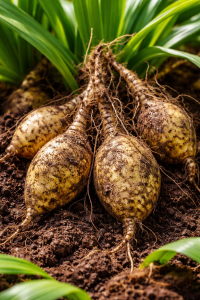I was listening to the radio this morning and heard them talking about horse chestnuts.
One of the presenters mentioned that she got upset when she found out that her kids’ school had collected conkers off the children as they went in, but it turned out that the headmistress wanted them to keep her house free from spiders and other creepy crawlies.
I’d heard of people using peppermint and other citrus essential oils to deter pests from their homes, but until today, I had never heard of people using horse chestnuts!
(Going off at a slight tangent here, I can recommend using Lemongrass essential oil in the summer if you like to open your back door, but don’t like flies coming in. I put mine into a diffuser and turn the spray so that it points towards our patio door; you can literally see the flies doing a U turn!
Back to our conkers: according to Dr Google, the Wildlife Trust has stated that horse chestnuts can keep moths away, as they contains a chemical called triterpenoid saponin which deters them.
However, all parts of horse chestnut trees also contain aesculin, which are poisonous to dogs (and possibly other pets as well); the chestnuts themselves can also cause blockages if swallowed so please be careful if you decide to use these.
It also turns out that during WWI, a call went out to children to collect and hand in both conkers and acorns; they were paid for this at the rate of seven and a half shillings for every hundred weight (according to Quora, this is the rate a skilled labourer would be getting at the time). The reason for this was because one of the vital components of Cordite was acetone, something that mainly imported from other countries at the time. More details about this can be found from the following link:
https://historicengland.org.uk/listing/what-is-designation/heritage-highlights/conkers-help-win-fww/
Every day’s a school day !



